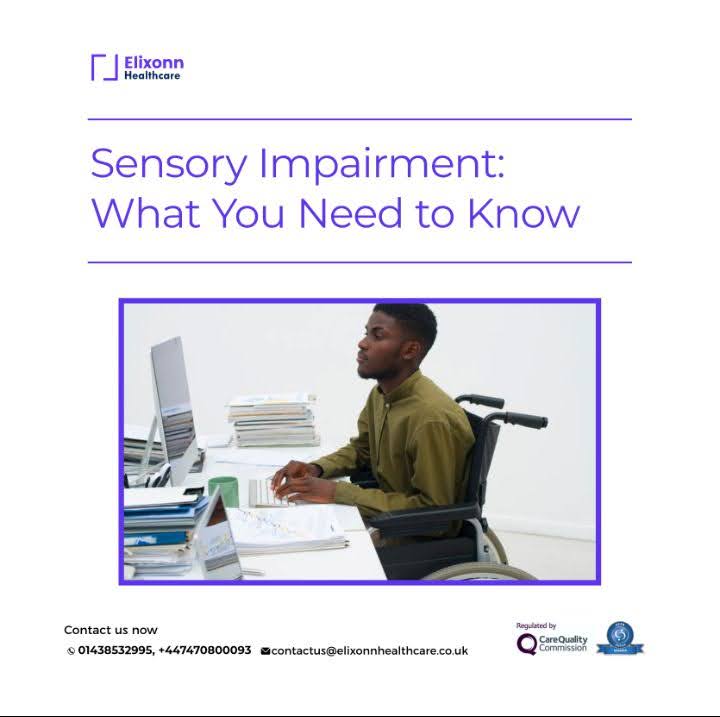Caregiving is a journey filled with love, dedication, and sometimes, frustration. Clear and effective communication is the bedrock of this journey, allowing you to understand and meet your loved one’s needs while building a strong, supportive relationship. Here are some key communication tips to navigate the various aspects of caregiving:
1. Actively Listen
The foundation of any good communication lies in truly listening. Put away distractions, make eye contact, and focus on what your loved one is saying, both verbally and nonverbally. Pay attention to body language, tone of voice, and facial expressions. This active listening shows you care and helps you understand their feelings and needs beyond just their words.
2. Validate Their Feelings
Caregiving can be emotionally challenging for both the caregiver and the recipient. Acknowledge and validate their feelings, be it fear, anger, frustration, or sadness. Phrases like “I understand why you feel that way” or “It’s okay to be upset” can go a long way. Avoid minimizing their emotions or offering unsolicited advice.
3. Speak Clearly and Simply
Especially if your loved one is experiencing cognitive decline, use clear and concise language. Avoid medical jargon or complex sentences. Speak slowly and allow ample time for them to process information. Rephrase if necessary, and be patient with any communication difficulties.
4. Respect Their Preferences
Caregiving isn’t a one-size-fits-all situation. Involve your loved one in decision-making whenever possible. Ask about their preferences, respect their choices, and offer options when appropriate. This fosters a sense of control and dignity, making them feel valued and involved in their care.
5. Use “I” Statements
When expressing concerns or frustrations, use “I” statements to take ownership of your feelings. For example, instead of saying “You’re making it difficult,” say “I feel overwhelmed when…” This helps avoid blame and encourages a more constructive conversation.
6. Choose the Right Time and Place
Timing is crucial for effective communication. Don’t initiate important discussions when your loved one is tired, stressed, or in pain. Choose a calm and quiet environment where they feel comfortable speaking openly.
7. Be Patient and Respectful
Caregiving can be a test of patience, especially when communication becomes challenging. However, remaining patient and respectful is essential. Remember, your loved one may be struggling with limitations or changes in their cognitive abilities. Offer reassurance and avoid getting frustrated or raising your voice.
8. Embrace Different Communication Styles
People communicate differently. Some may be comfortable expressing themselves verbally, while others may prefer non-verbal cues like facial expressions or gestures. Pay attention to your loved one’s preferred style and adapt your approach accordingly.
9. Effective Communication with Medical Professionals
As a caregiver, you may become the primary advocate for your loved one’s healthcare needs. Clearly communicate their medical history, symptoms, and any changes you observe. Ask questions and don’t hesitate to seek clarification if anything is unclear.
10. Communication with Family
Open communication with family members is vital for everyone involved. Discuss caregiving responsibilities, delegate tasks, and share updates regularly. This helps ensure everyone is on the same page, reduces stress on the primary caregiver, and strengthens the overall support system.
Bonus Tip: Utilize Assistive Technologies:
Technology can be a great communication aid. Consider using picture cards, communication apps, or other assistive devices tailored to your loved one’s needs. These can bridge communication gaps and enhance daily interactions.
By implementing these communication strategies, you can build a stronger bond with your loved one and ensure their needs are effectively met. Remember, it’s a continuous process, so be patient, adaptable, and always willing to learn and improve your communication skills.




